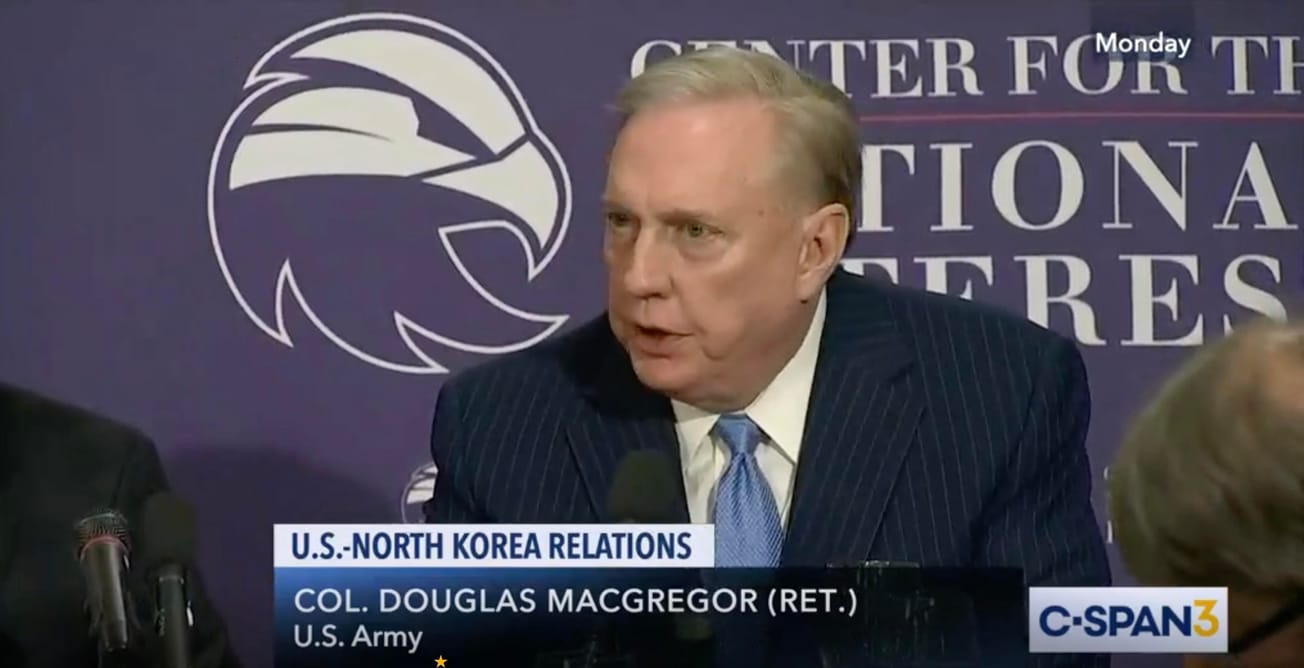March 15, 2024 (EIRNS)—"Today, attempts by the United States to impose pariah status on regimes it doesn’t like are running up against serious limits,” Asfandyar Mir and Andrew Watkins from the misnamed quango, United States Institute for Peace, moan in a piece published in the latest issue of Foreign Affairs. Their case-in-point is how “America Can’t Isolate the Taliban: Why Regional Powers Are Reopening Ties with Afghanistan.”
U.S. strategy towards Afghanistan for two and half years has been based on the idea that the U.S.-led policy of nonrecognition of the Taliban government and punitive economic sanctions could bring the new government to heel. Afghans being the independent-minded people they are, the Taliban did not bow down. Turns out neither did the rest of the world. “As of early 2024, nearly every country in the region has normalized relations with the Taliban,” China, Iran, Russia, “even India,” among them. “Taliban leaders”—the authors cannot bring themselves to call the government a “government”—have “steadily expanded economic ties with various countries in the greater region … India is also reviving development projects in Afghanistan, such as a planned $265 million dam, in coordination with the Taliban,” they sigh.
The authors do not repudiate the United States’ obsession with regime change as a key foreign policy goal, but they are not delusional. Their warning is that “nonrecognition is no longer a credible coercive tool, and if the United States seeks to influence Taliban behavior, it must find other ways to achieve its desired aims.”




